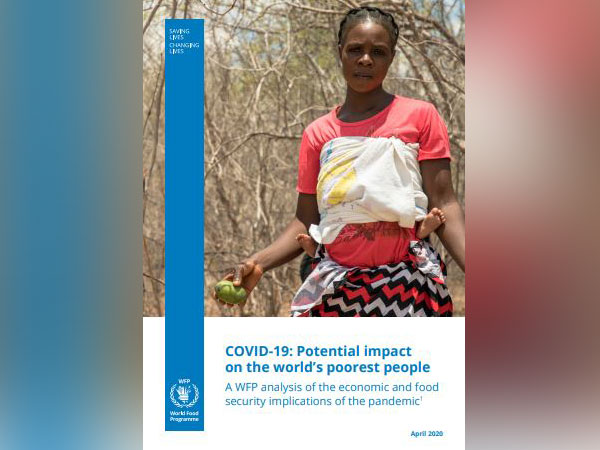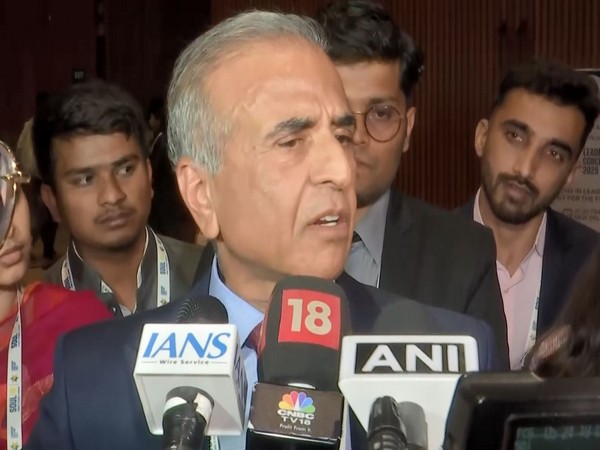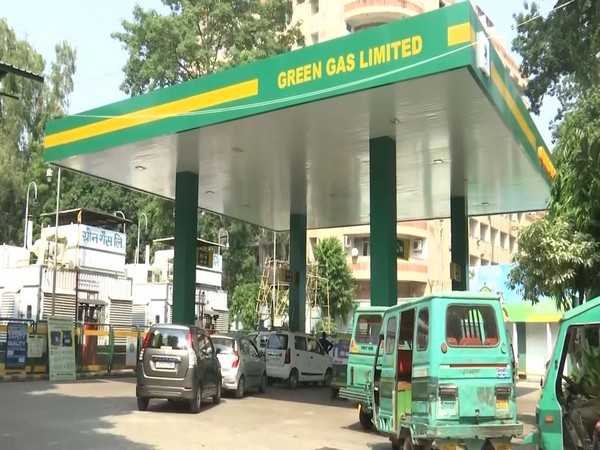
The report says it is essential to monitor food prices and markets/
New York [USA], April 4 (ANI): The unfolding COVID-19 pandemic is so far having little impact on the global food supply chain but that could change for the worse if anxiety-driven panic by major food importers takes hold, the World Food Programme (WFP) has said. In a new report titled ‘COVID-19: Potential impact on the world’s poorest people,’ the United Nations agency said that global markets for basic cereals are well-supplied and prices generally low.
However, it said, given the highly globalised nature of food production and supply , commodities need to move from the world’s breadbaskets to where they are consumed — and COVID-19-related containment measures are starting to make this more challenging. “Disruptions are so far minimal. Food supply is adequate and markets are relatively stable,” said WFP Senior Spokesperson Elizabeth Byrs noting that global cereal stocks are at comfortable levels and the outlook for wheat and other staple crops is positive for the rest of this year. “But we may soon expect to see disruptions in food supply chains,” she said adding that if big importers lose confidence in the reliable flow of basic food commodities, panic buying could ensue, driving prices up.
For low-income countries , the consequences could be devastating with long-term repercussions , with coping strategies coming at the expense of such essential services as health and education. The report recalled that when a food price crisis struck in 2008, the world’s poorest households — which typically spend the largest share of income on food — suffered disproportionately.
Other potential sources of disruption include blockages along transport routes — a particular concern for fresh produce — and quarantine measures that could impede farmers’ access to markets. Going forward, the WFP report said that it is essential to monitor food prices and markets, and to transparently disseminate information — thus helping to strengthen government policies while also averting public panic and social unrest.
It added that in places where food insecurity is caused by restricted access rather than lack of availability, cash-based transfers — which can often be made through contactless solutions — should be considered as a standard response.
“Planning in-kind food assistance is essential,” said the report noting that supply chain disruptions are likely to affect higher-value items first. Such items involve more tiers of suppliers, human interaction and dependency on few suppliers — putting specialised nutritious food more at risk than staples. (ANI)Fitch cuts India growth forecast to 30-year low of 2 pc for FY2



